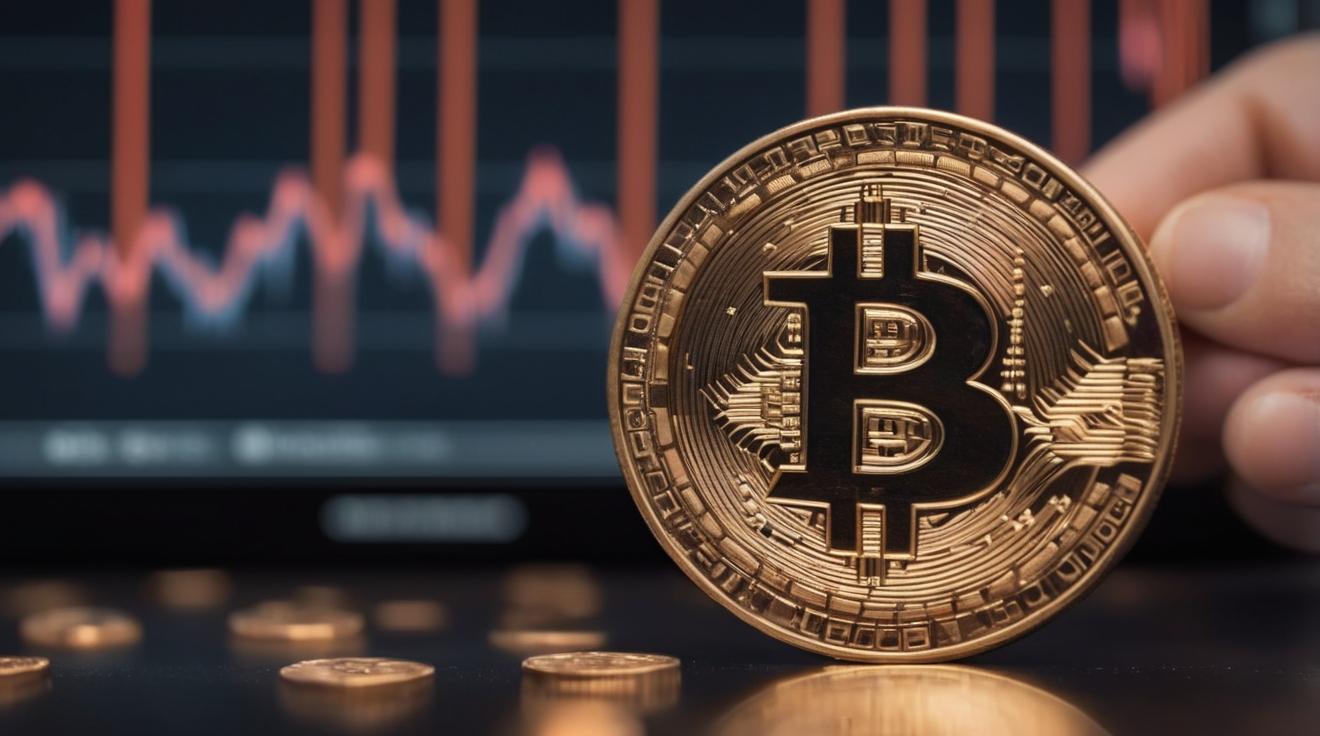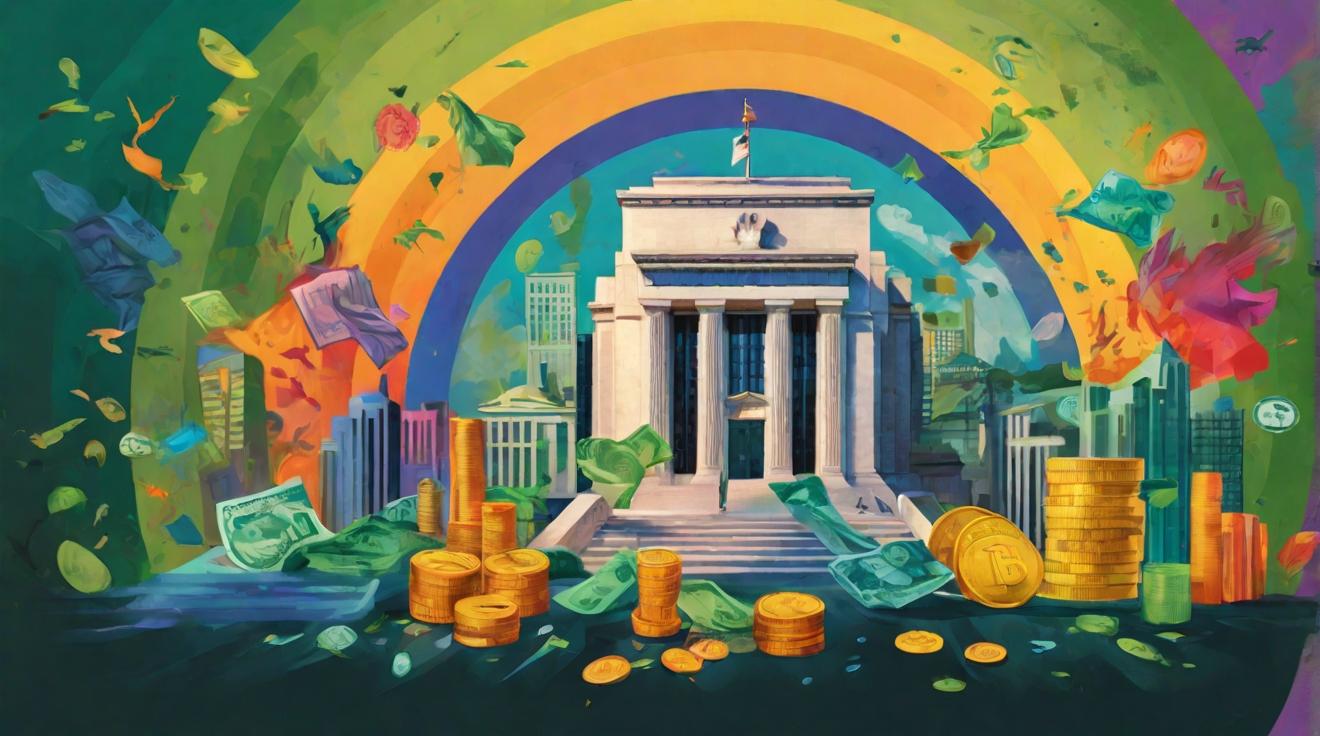Why Bitcoin is the King of Assets
The journey to fully grasping Bitcoin's potential often follows a predictable path. As the understanding of Bitcoin spreads, a profound realization takes hold—that Bitcoin possesses unique characteristics that position it as the superior savings technology and arguably the king of all assets. This revolutionary cryptocurrency, launched in 2009, has defied skeptics and emerged as a formidable force in the financial world.
Initially met with skepticism and mockery, Bitcoin was frequently dismissed as a speculative fad or a tool for illicit activities. However, as early adopters have reaped substantial gains, curiosity has piqued. The price of a single Bitcoin surged from just $0.08 in 2010 to over $70,000 as of May 2024, minting numerous millionaires and billionaires along the way.
As understanding deepens, Bitcoin transitions from a speculative investment to a legitimate asset class and a potential hedge against the fragilities of the traditional fiat system. With global debt levels reaching a staggering $292 trillion by the end of 2021, rampant inflation eroding purchasing power, and the precarious state of Keynesian economics, Bitcoin emerges as a decentralized, scarce, and censorship-resistant alternative to the centralized monetary system.
Bitcoin's fundamentals showcase it as a superior savings technology—an appreciating store of value that preserves and enhances purchasing power over time. Unlike fiat currencies, which are subject to infinite supply and inevitable debasement, Bitcoin's fixed and diminishing issuance schedule, capped at 21 million coins, ensures its scarcity and long-term value appreciation. Currently, over 19 million bitcoins have already been mined, leaving less than 10% of the total supply remaining to be introduced into circulation.
This realization prompts a shift in mindset. Rather than viewing Bitcoin as a speculative asset to be traded for short-term gains, it becomes a long-term savings vehicle, akin to a bank account but without the erosion of purchasing power. As Michael Saylor, the CEO of MicroStrategy, famously stated, "Bitcoin is the king of assets," and once this truth is internalized, the temptation to "take profits" diminishes, replaced by a steadfast commitment to accumulating and holding Bitcoin as a superior form of money.
Bitcoin's Dominance as the King of Assets
Bitcoin stands out due to its unique properties:
- Scarcity: With a fixed supply cap of 21 million bitcoins, Bitcoin's scarcity is hardwired into its protocol, ensuring its value is preserved and potentially enhanced over time as demand increases.
- Decentralization: Bitcoin operates on a decentralized network, free from the control of any central authority or government, mitigating the risk of censorship, seizure, or manipulation.
- Borderless and Permissionless: Bitcoin transcends geographical boundaries and can be sent and received without the need for intermediaries or permission from any entity, enabling true financial sovereignty.
- Immutable and Transparent: The Bitcoin blockchain is immutable, providing an auditable and transparent record of all transactions, ensuring the integrity of the network.
- Divisibility: Bitcoin can be divided into smaller units (satoshis), allowing for microtransactions and enabling greater accessibility and usability as a medium of exchange.
As traditional financial systems grapple with mounting challenges, Bitcoin's value proposition becomes increasingly compelling. While assets like fiat currencies and government bonds are subject to debasement and erosion of purchasing power, Bitcoin offers a reliable store of value and a hedge against financial turmoil. The purchasing power of the U.S. dollar has declined by over 87% since 1913, underscoring the need for alternative assets that preserve wealth over time.
A Transformative Journey
The journey to understanding Bitcoin is transformative, leading individuals from skepticism to speculation, then to investment and hedging, and ultimately to the realization that Bitcoin is a superior savings technology—the king of assets. As this realization spreads, bolstered by concrete data and real-world events, Bitcoin's adoption and prominence in investment portfolios are likely to continue growing, solidifying its position as the preeminent asset of the digital age.













